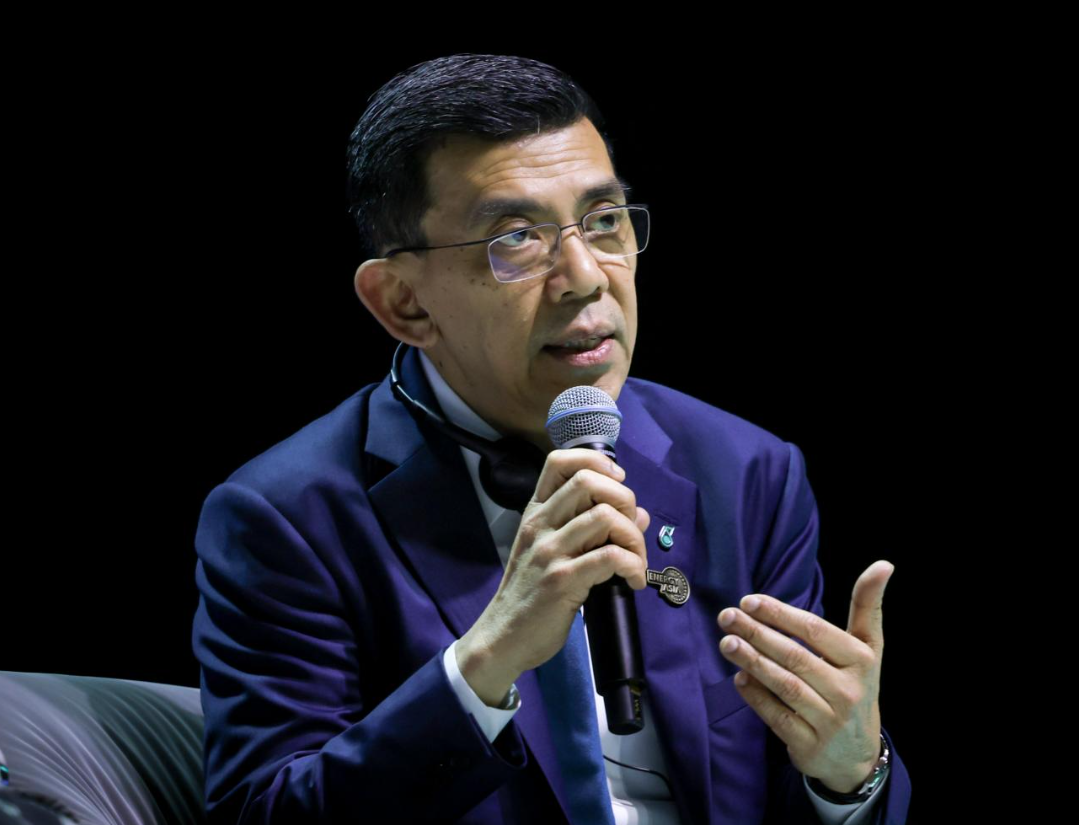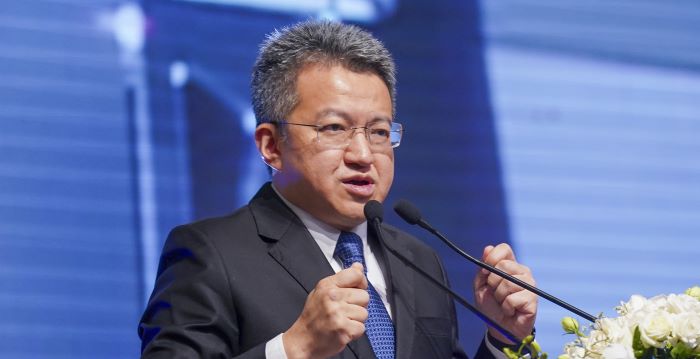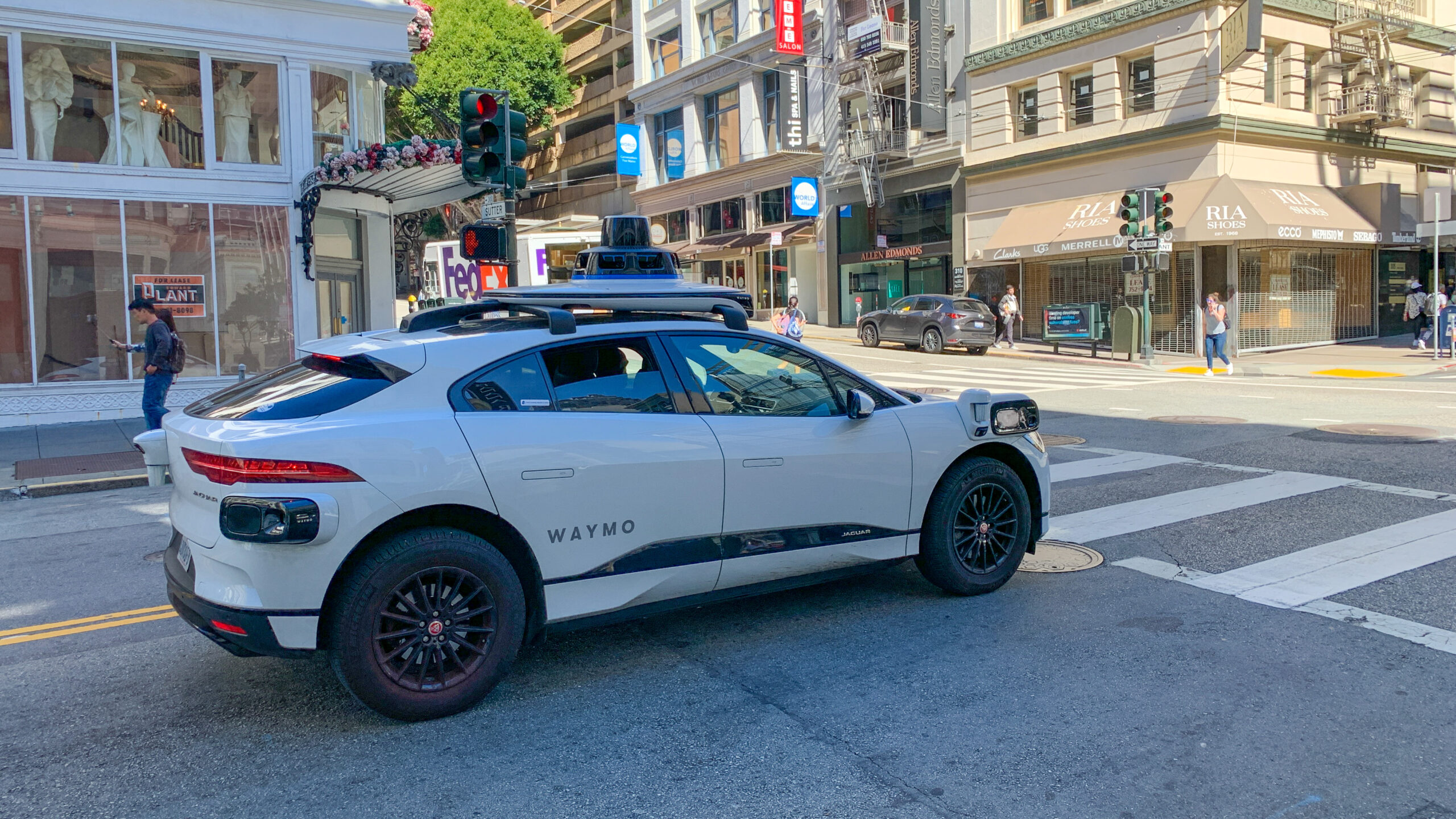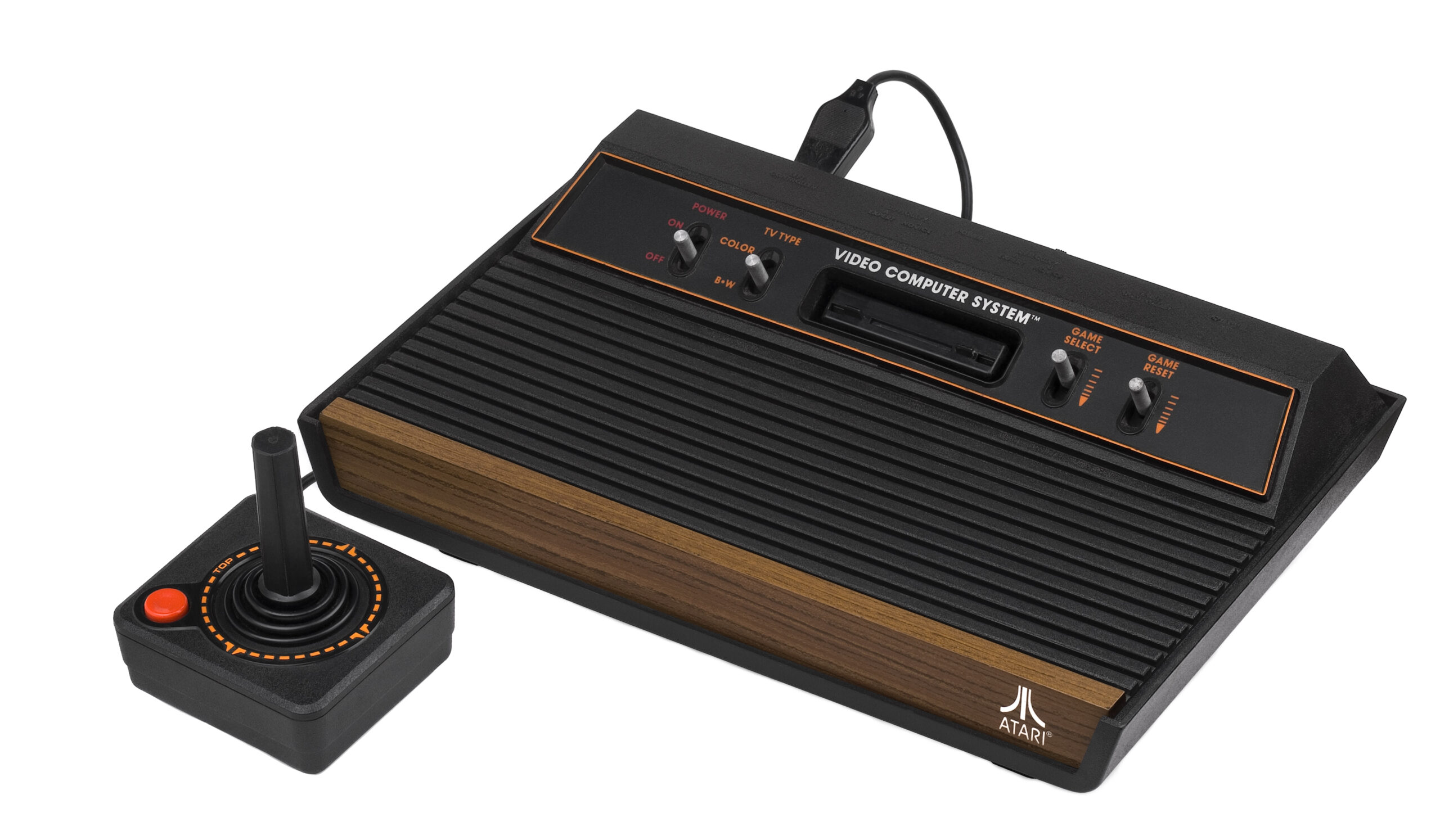OpenAI has set ambitious expectations for ChatGPT’s future as a super-intelligent artificial general intelligence (AGI). Yet, in a recent showdown, its flagship chatbot was soundly defeated by a 46-year-old chess engine running on the Atari 2600, a console released in 1978.
The Experiment and Surprising Result
A software developer used an emulator to pit ChatGPT against Atari 2600’s Video Chess at the beginner level. ChatGPT struggled, reportedly “confusing rooks for bishops, missing pawn forks, and losing track of piece positions.” The developer joked that ChatGPT made enough errors “to get laughed out of a third-grade chess club.”
Initially blaming the loss on the Atari game’s pixelated chess icons being “too abstract,” ChatGPT performed no better using standard chess notation. After about 90 minutes, it conceded defeat, despite originally suggesting the match.
The Atari 2600’s Humble Power vs. ChatGPT’s Cloud Strength
To put this in perspective, the Atari 2600’s processing power is about 0.3 MIPS — roughly 250,000 times less than that of a modern iPhone 15 Pro, and vastly inferior to the massive data centers powering ChatGPT.
This loss likely reflects ChatGPT’s context-specific limitations rather than a fundamental AI failure. Historically, AI has dominated many complex games: IBM’s Deep Blue defeated chess champion Garry Kasparov in 1997; Google DeepMind mastered the ancient game of Go in 2016; and in 2019, AI conquered Blizzard’s StarCraft II.
AI is also moving into physical competitions. For example, Omron’s FORPHEUS robot arm has bested mid-level ping pong players, though it still struggles against world-class opponents.
Author’s Opinion
This surprising defeat of ChatGPT by a decades-old chess engine highlights the importance of context and specialization in AI performance. While large language models excel at processing and generating human-like text, they aren’t necessarily equipped to handle every specific task flawlessly—especially those requiring precise, step-by-step strategic calculation without dedicated training. True AI mastery in games and tasks often demands highly specialized systems. This serves as a reminder that progress toward superintelligent AI is not simply a matter of raw computing power but also hinges on focused design and application.










